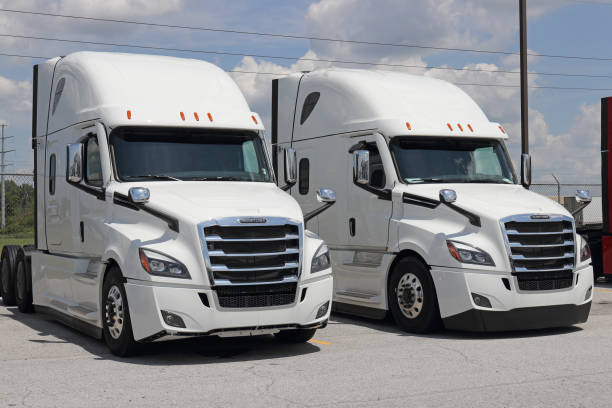Port Newark Adds Propane-Powered Tractors, Wins Eco Award
Port Newark Container Terminal (PNCT) has recently integrated 20 propane-powered tractors into its fleet, marking a significant step in its sustainable practices. This initiative, part of PNCT’s ongoing efforts to reduce environmental impact, demonstrates its commitment to clean energy and operational efficiency. Eco-Friendly Transformation at a Busy Port The transition to propane-powered vehicles at PNCT… Continue reading Port Newark Adds Propane-Powered Tractors, Wins Eco Award

